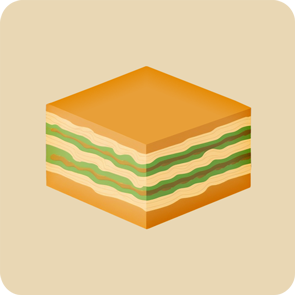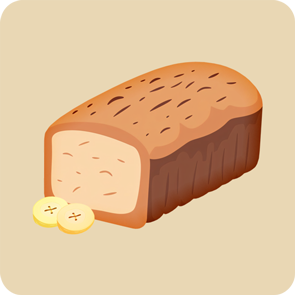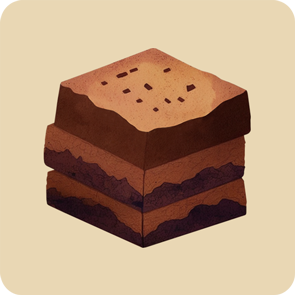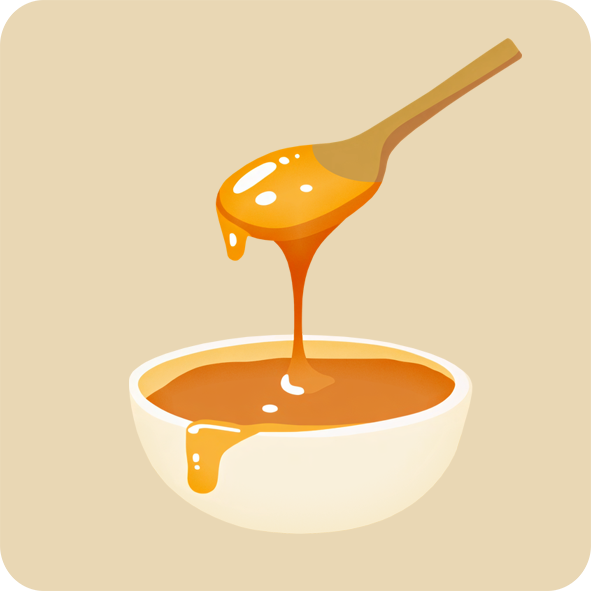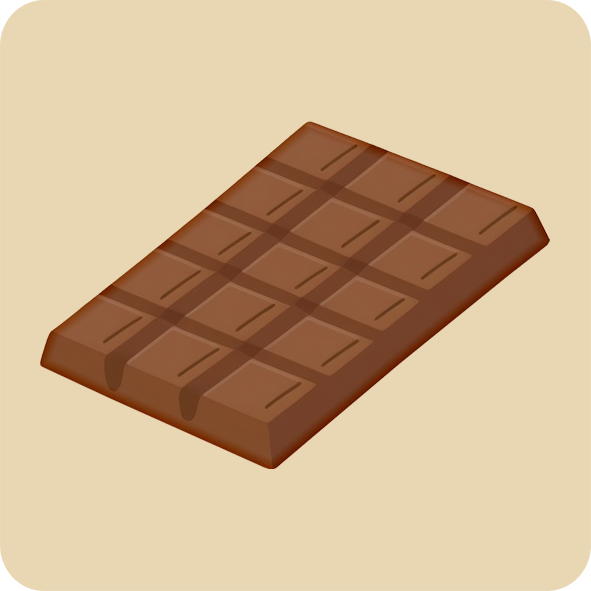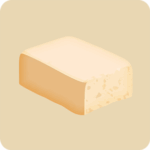
Marzipan

Marble Cake

Madeleine
A small, soft, shell-shaped French sponge cake that’s lightly sweetened and flavored with lemon or vanilla. Madeleines are tender and airy, often enjoyed with tea or coffee.
90
1 piece
(30 grams)
CAL
E
Nutri-Score
Contains moderate protein but also high in sugar and saturated fats.
Value per 100 grams & per cup (120g):
300 kcal | 360 kcal
Protein
5 grams | 6 grams
Fats
12 grams | 15 grams
Carbohydrates
45 grams | 54 grams
Fiber
2 grams | 2.5 grams
Vitamins & Nutrients
- Vitamin B6: Supports brain health and metabolism.
- Vitamin E: Acts as an antioxidant.
- Magnesium: Helps with muscle and nerve function.
- Iron: Essential for oxygen transport in the blood.
Satiety and Feelings
Madeleines are light and sweet, offering quick energy and a pleasant, soft texture. Their low fiber and moderate protein mean they provide short-term satisfaction but may not keep you full for long.
What does 100 g look like?
About 3 medium Madeleines (shell-shaped cakes).
What does 2000 | 2500 calories look like?
22 to 28 Madeleines or about 1 ¾ to 2 cups of broken pieces (660 to 750 grams / 1.45 to 1.65 lbs)
Daily Value per 100 grams %
Did you know?
Madeleines originated from the Lorraine region in France in the 18th century.
They are traditionally baked in shell-shaped molds, giving them their distinctive appearance.
The classic recipe uses beaten eggs, sugar, flour, and butter, sometimes flavored with lemon zest or vanilla.
Madeleines became popular worldwide after being mentioned in Marcel Proust’s famous novel In Search of Lost Time.
Drawbacks ⚠️
Madeleines contain refined flour and sugar, which can cause blood sugar spikes.
They are relatively low in fiber and protein, meaning less lasting fullness.
Typically contain butter and eggs, which add saturated fats.
As a pastry, they may include preservatives if store-bought.







